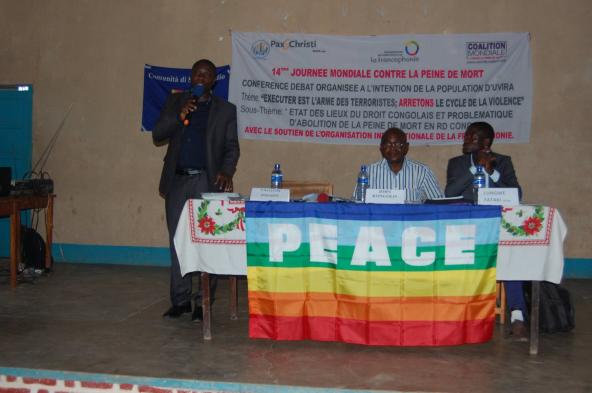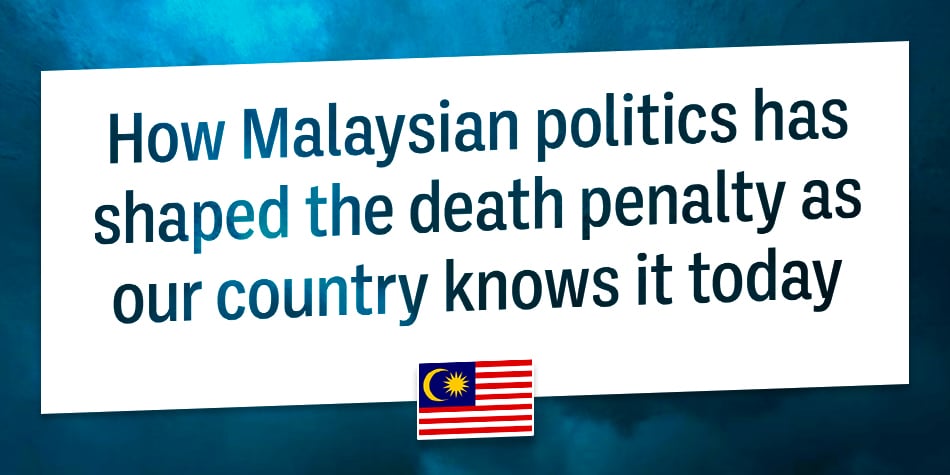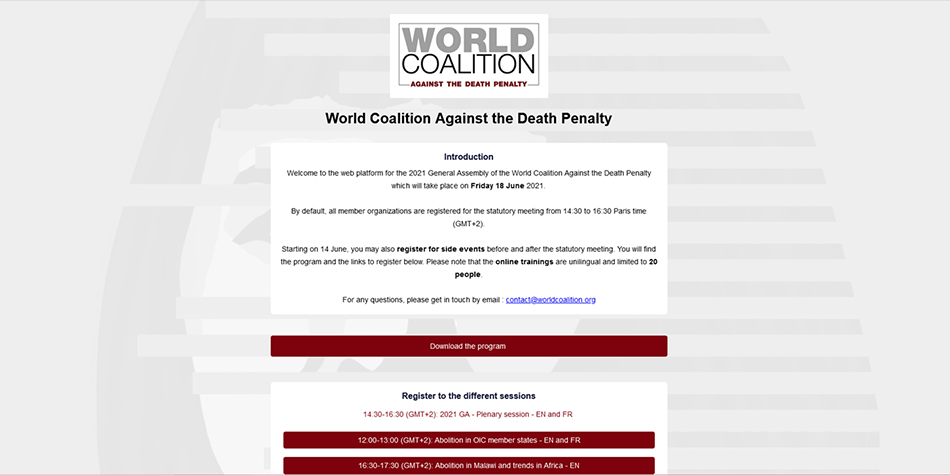
Towards the abolition of the death penalty in DRC: advances to be confirmed
Africa
The death penalty in the Congolese legislation
Whereas the death penalty is enshrined in the legislation, its implementation has been challenged. Through the 2003 de facto moratorium on the death penalty, the DRC belongs to the States systematically jailing the convicts instead of executing them. Furthermore, an abolitionist trend seems to guide the 2006 Constitution as subsequently revised and the legislation laid down by the DRC’s Parliament since 2003, even if the latter has remained unable to adopt a legal text expressly abolishing the death penalty.
The Congolese legal arsenal displays two diametrically opposite faces on the question of the death penalty. Some legal texts allow the death penalty for certain charges whereas others challenge this punishment.
Three main legal instruments retain the death penalty within the Congolese legislation: the 1940 ordinary Penal Code, allowing the death penalty for crimes such as assassination or armed robbery, the 2002 (2015 amended) military Penal Code expanding the list of crimes incurring the death penalty to spying, terrorist acts, desertion, etc., and finally the 1898 decree defining methods of execution (by hanging for civilians and by a firing squad for the members of the military).
The DRC on the path towards the abolition of the death penalty?
It seems that an implicit policy to abolish the death penalty guides many Congolese legal instruments, most of them having been adopted from 2003 onwards. This testifies of an emerging trend towards the abolition of the death penalty, while always more national and international legal instruments endorse the abolition. In the DRC, a moratorium has been established in 2003 and the executions have been suspended since then. The 2006 Constitution, which does not comprise any reference to the death penalty, insists through its articles 16 and 61 on the sacredness of human life and on the non-derogability of the right to life. The 2006 law n°06/018 has abolished the death penalty for charges of rape followed by death, replacing it by a life sentence, while the 2009 law n° 09/001 has prohibited the death penalty for crimes committed by juveniles.
Challenges for the abolition in the DRC
If the DRC belongs to the countries which do not carry out executions, the death penalty is still in force. The de facto abolitionist position of the country has been reaffirmed as the Vice-Minister for justice and human rights announced that the country would vote in favour of the UN resolution for the Moratorium on application of the death penalty in December 2016. Nevertheless, the path towards the abolition in the DRC remains strewn with thorns.
Against all expectations, the law implementing the Rome Statute in the DRC, signed on 31 December 2015, supports the death penalty. Moreover, on 13 September 2016, the Governor of North-Kivu published a press release recommending to the Parliament and to the government a two-year suspension of the moratorium on the death penalty. He assesses that this temporary suspension shall allow the security and defence services to bring the situation under control as the Eastern part of the country is suffering under increasing criminality.
Today, the fight against the death penalty is growing in the DRC, as abolitionists and retentionists overtly oppose. The Congolese society, above all in the Eastern part of the country, is facing exacerbated criminal resurgence. The latter firstly affects the civil population, which may be led to think that the solution would arise from the implementation of the death penalty.
Far from it, as recalled by Pope Francis, modern societies do have the possibility to effectively punish crimes without removing the opportunity to redeem from the criminals. The will to achieve a further step towards the abolition of the death penalty, as defended by the DRC at the 6th World Congress against the Death Penalty, is certainly a laudable objective but it remains insufficient. More needs to be done: the Congolese law makers should therefore review all legal texts conflicting with the ideal of the sacredness of human life in order to consolidate the rule of law in the DRC.
The abolition of the death penalty should furthermore go along with a criminal and carceral policy complying with the requirements of a modern legal system. As Victor Hugo stated, the fight against the death penalty does not boil down to preventing the death of a convict, raising awareness among the population or demanding a more humane justice system. It also – and above all – means to fight against crime in a different way, so as to understand the reasons for this evil which is eating away at the society.







